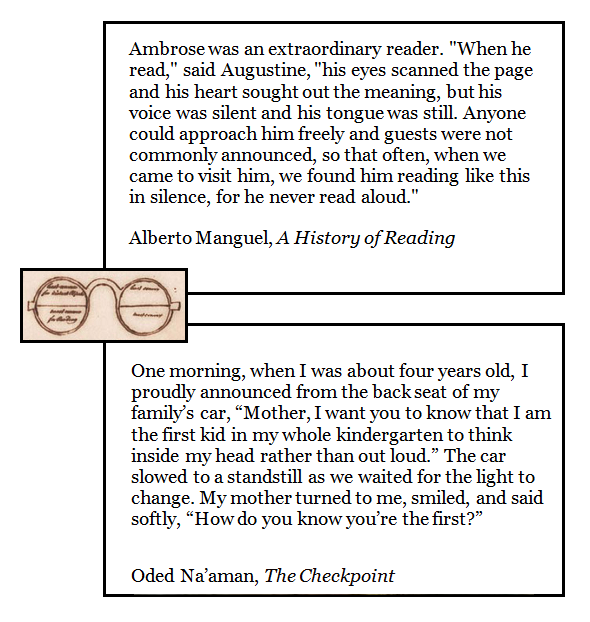Some New Old Books
Saturday, July 28th, 2012

Arakcheev: grand vizier of the Russian Empire by Michael Jenkins
Time Of Stalin, The: Portrait Of A Tyranny by Anton Antonov-Ovseenko
I just returned from a short vacation in Door County and was able to squeeze in some time to browse some of their independent and used bookstores. One in Ellison Bay had an unusually good Russian and Soviet collection and I picked up a few titles. Naturally, it would have been even cheaper on Amazon, but the used and rare bookstore is an experience for a serious reader, not just a transaction. Supporting their existence and preserving the tacit knowledge about books, authors and publishers of that niche market is worth a few extra dollars.
Count Alexei Andreievich Arakcheev was a somewhat terrifying figure from early 19th century Tsarist Russia whose career came to personify the out-of-control military authoritarianism nurtured by “the Gatchina system”. Gatchina was the princely estate of the Tsarevitch under Catherine the Great and it was here that military culture was first imported from Prussia and took root in Imperial Russia. While this had the beneficial effect of stimulating modernizing advances in Russian artillery, the Gatchina system also inculcated a zealous love of “paradomania” in the Tsars and their army officers who served there – a fetish for obsessive detail in the minutia of barracks square drill, the ritualistic mummery of military insignia and a sadistic excess of harsh disciplinary measures for discipline’s sake.
Arakcheev, a parvenu who climbed into the ranks of the aristocracy through the Petrine state service nobility, embodied both aspects of the Gatchina system and combined it with the fanaticism of a totalitarian bureaucrat. He was loathed by the powerful families of high boyar-descended nobility, but Arakcheev’s dog-like loyalty to the mad Emperor Paul I and the quixotic Tsar Alexander I made Arakcheev an invaluable figure who was part fixer, part chief of staff, friend and confidant to the supreme Autocrat.
I had not expected that Arakcheev would have a biography in English and skimming this one tells me that Jenkins is writing from an overly sympathetic POV for a historical figure who really merits very little empathy. While no Beria or Himmler and a more than competent artillery general and military reformer, Arakcheev was an intolerant man of violent temper, given to casually arbitrary brutalities that were shocking even by the standards of Tsarist Russia. He presided over a disastrous experiment in agrarian military socialism that foreshadowed Soviet collective farms that intruded into the most intimate aspects of the lives of peasants and soldiers alike and combined all the disadvantages of serfdom with military service.
Anton Antonov-Ovseenko is the son of an Old Bolshevik executed by Stalin during the Great Terror, Vladimir Antonov-Ovseenko, and a former inmate of Stalin’s Gulag himself. Given that his father had been an ally of Trotskii and Tukhachevskii, it is something of a minor miracle that the author survived to write a denunciation of his family’s great tormentor. Many other Soviet citizens of his generation, with tangential or purely imaginary connections to Stalin’s enemies vanished without a trace, unlettered and unremembered.
Despite being a professional historian, Antonov-Ovseenko’s The Time of Stalin belongs grouped with the dissident/defector literature of the likes of Kravchenko, Solzhenitsyn, Penkovskii, Amalrik, Kalugin, Chambers, Djilas, Pacepa, Voslenskii and many others. This book is less a work of objective history than an impassioned testimony of an eyewitness to horrific crimes or a memoir. Even from a casual thumbing through, one can see that there are valuable nuggets here but a critical eye is required of the reader. Stalin is admittedly one of the greatest monsters in all history but he was not superman, but a conductor of an orchestra of repression and democide.
Many hands lent themselves, often eagerly and more often fearfully, to carrying out Stalin’s will.






